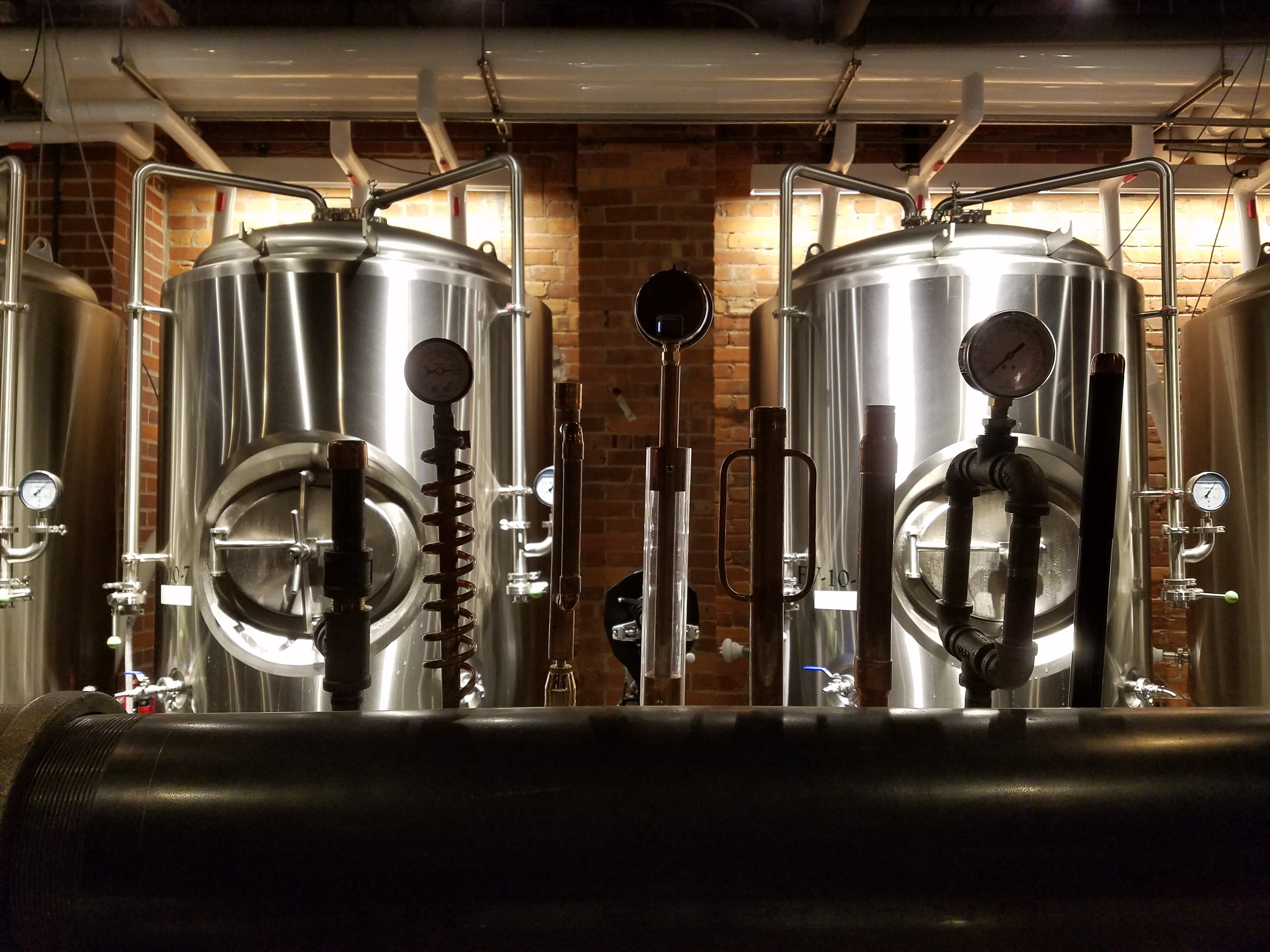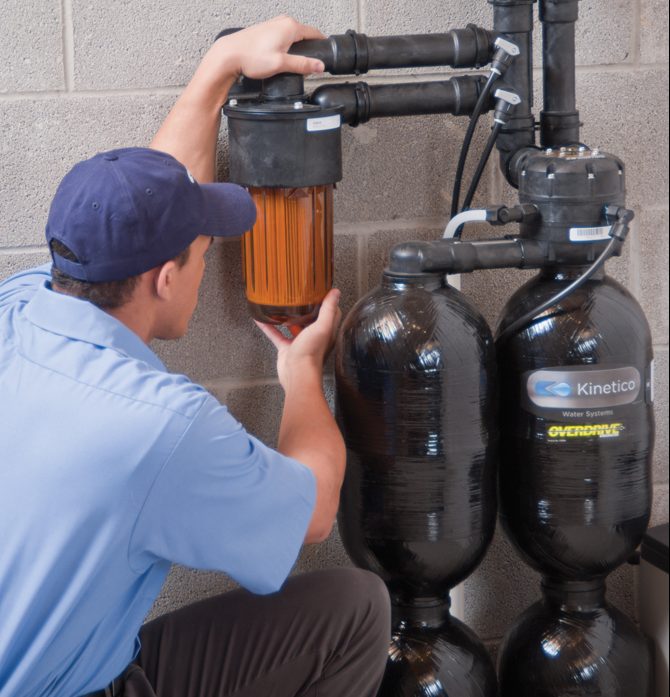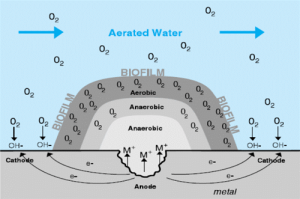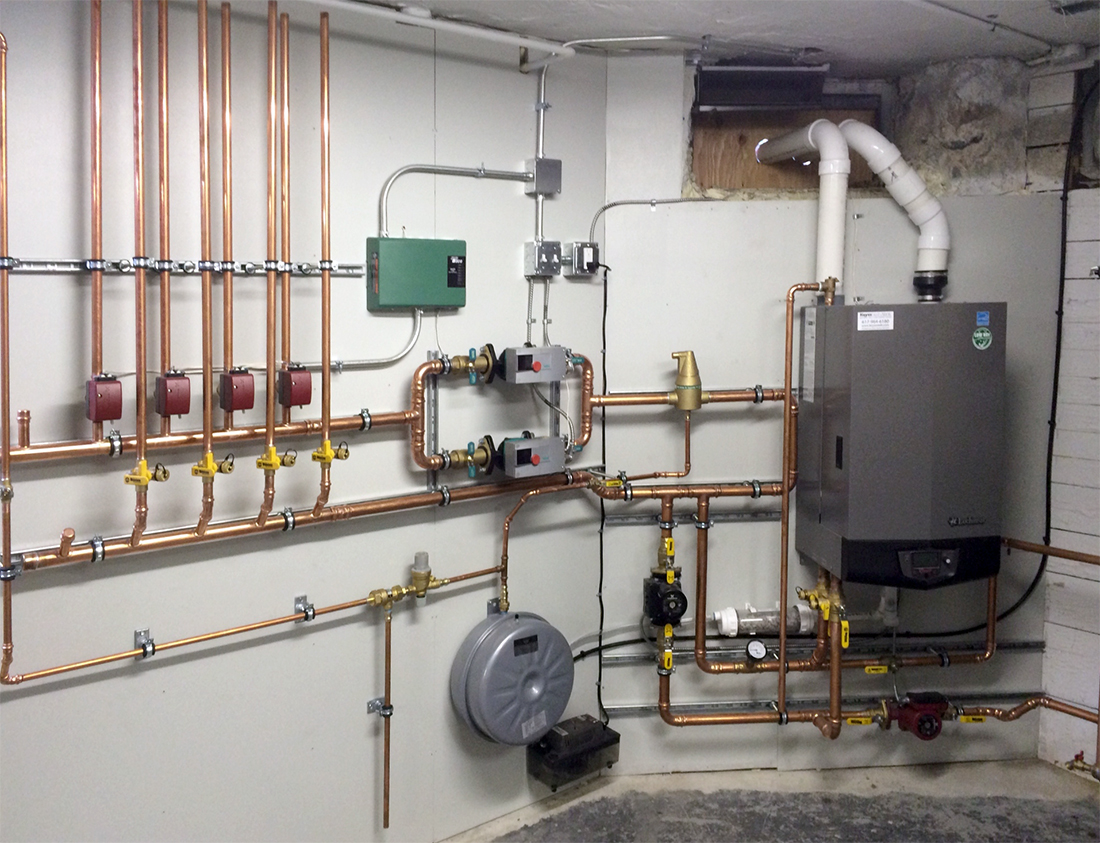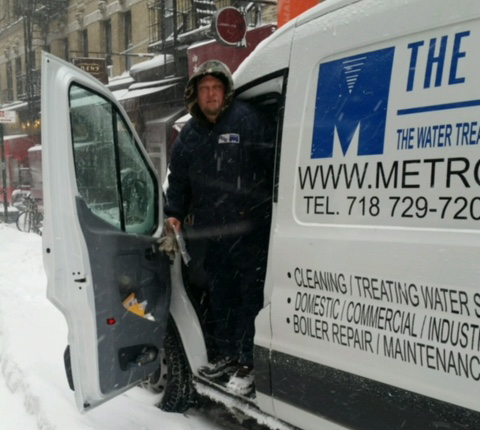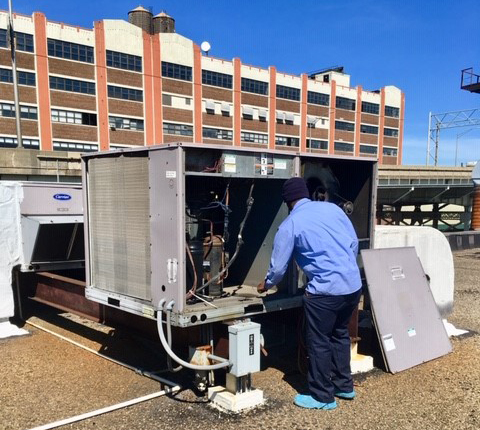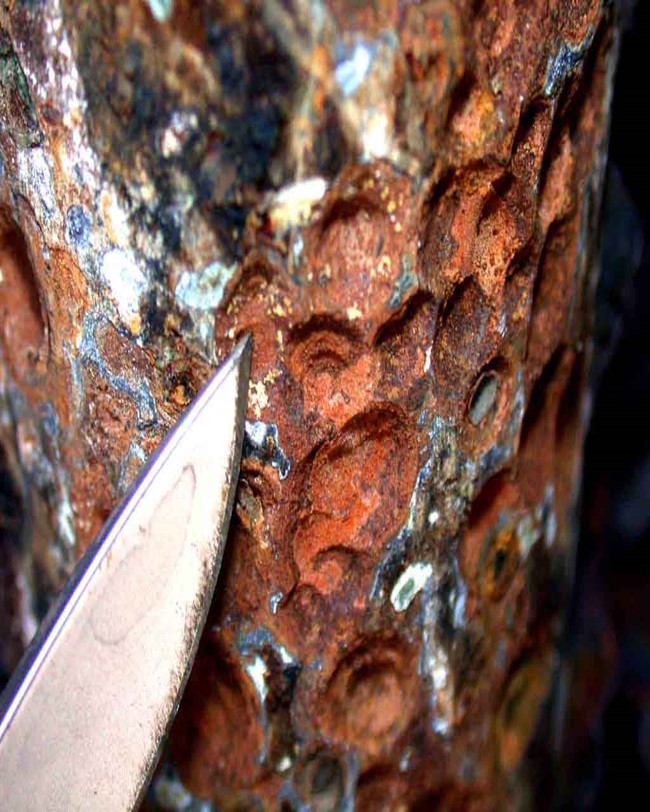
As the company who wrote the book on HVAC water treatment (literally wrote the book: Water Treatment for HVAC Water Systems) we have a unique perspective on how to best manage corrosion in boilers and hot water heaters. Several times per year, our clients from across the US will ask us about the use of […]


